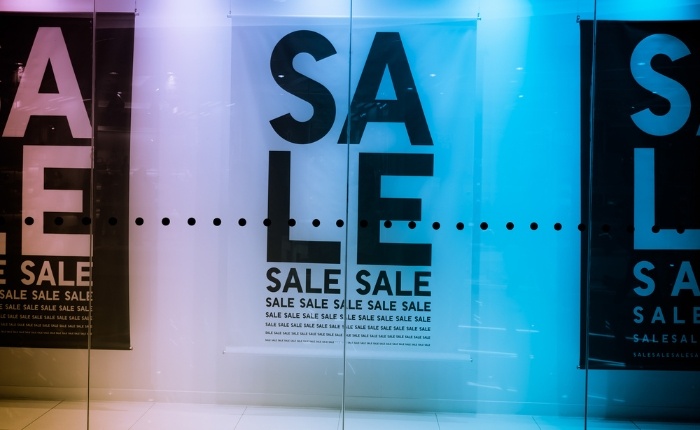Hosting a sale is an effective way to boost your cash flow, attract customers and clear the way for a new season. If you’re going to the effort of having a sale, why not do your best to make it a spectacular success? Here are some tips for smart planning, effective marketing and great customer experiences to maximise your rewards.
Set clear goals to get the best results
Setting clear objectives for your sale gives you a reference point to guide your decision-making. You’ll be able to achieve a few things with a sale, but not everything; you’ll get better results if you know your topmost priority. For example, it may be to move old stock, attract new customers or boost sales in quieter periods.
Knowing your goals will also help you choose which products or services to include in your sale and set a pricing strategy. For example, discounting bundles of products may be a good driver for increasing sales in an otherwise quiet period. A straight discount can be the fastest way to remove dated inventory.
Make the most of marketing
Promoting your sale is vital to get the results you want. It can also do more than bring people along – it’s an opportunity to build relationships. Collaborating with other businesses and treating your customers are two ways to do this.
A cross-promotion is where you partner with another organisation to leverage their audience. You might offer special deals to their customers and ask them to do the same for you. Alternatively, you could do a straight marketing swap. For example, if the local café agrees to carry fliers, you could do the same. Or you could offer a pre-sale discount to customers bearing a café receipt. Digital businesses can do this by setting up coupon codes online.
An exclusive pre-sale period can make people feel valued. It’s an easy way to treat your most important customers. A pre-sale event is a popular option for retail stores. An event like this may mean extra staffing cost so be sure to keep the marketing value in mind – you want to inspire people to spread the word as well as simply making sales at the time.
A strong marketing and promotion plan will make the most of your existing marketing tools and channels. To be comprehensive, it should include email marketing, social media promotions and website banners. You may also add paid advertising to the mix if your budget allows.
Timing is vital in your marketing. You need to give people time to plan, but you also don't wait to miss out on full-price sales. Creating a sense of urgency with countdown timers and reminders can encourage people act quickly. Understanding your customer personas can help here. If you have a Business Mentor, they can also offer guidance on what to consider.
Starting your sale should be fun!
The shopping experience for your sale deserves your attention, along with your follow-up activities. Whether your sale is taking place in-store or online, you want people to enjoy buying from you. Organise things so it's easy for people to find what they need and get any deals you've offered. In-person, this means clear, attractive signage and straightforward checkout processes. Online, a user-friendly website and payment gateway make for smooth buying. Excellent customer service should always be included!
Hosting a successful sale isn't just about the immediate turnover; the way you deliver it and what you do afterwards can add deeper value. A sale often brings new or different customers to your business, so there’s benefit in staying engaged. Prompt people to subscribe for updates across your channels and keep in touch with them.
Each time you run a sale, you’ll gain insights that will make the next one even better. However, there’s also a shortcut; a Business Mentor gives you the benefit of their own experience. Their guidance can help you avoid mistakes and use proven approaches from the start. Don’t delay in finding out more!






.png)
